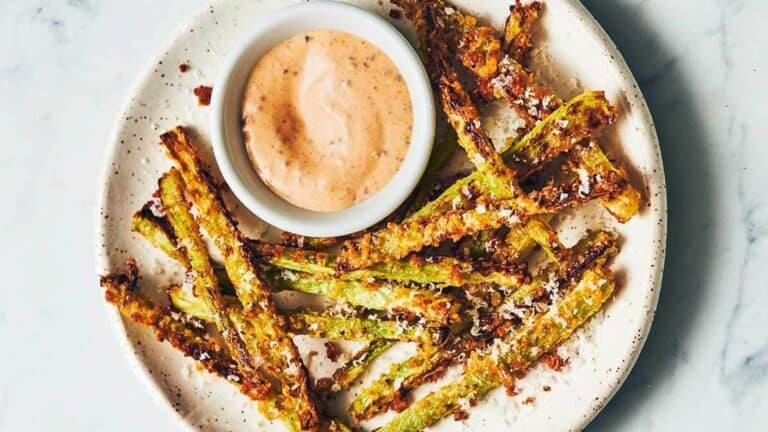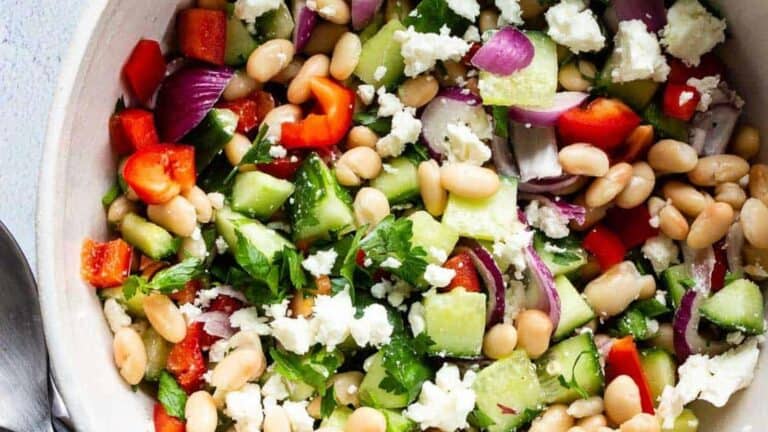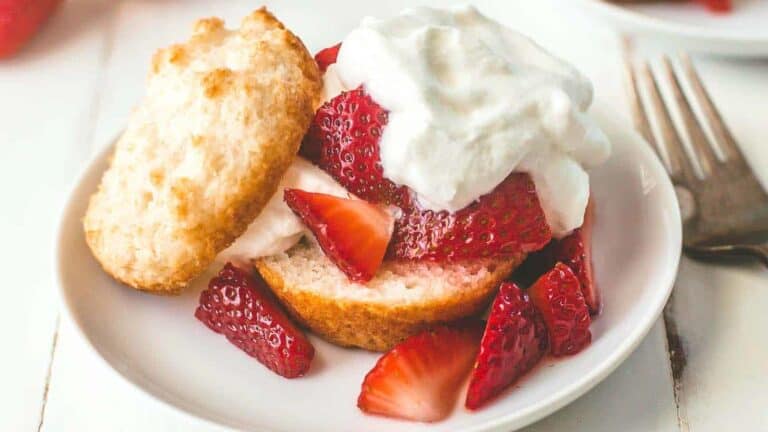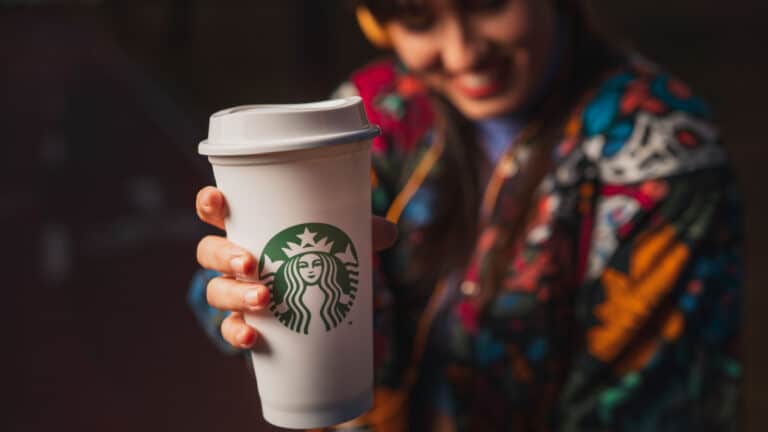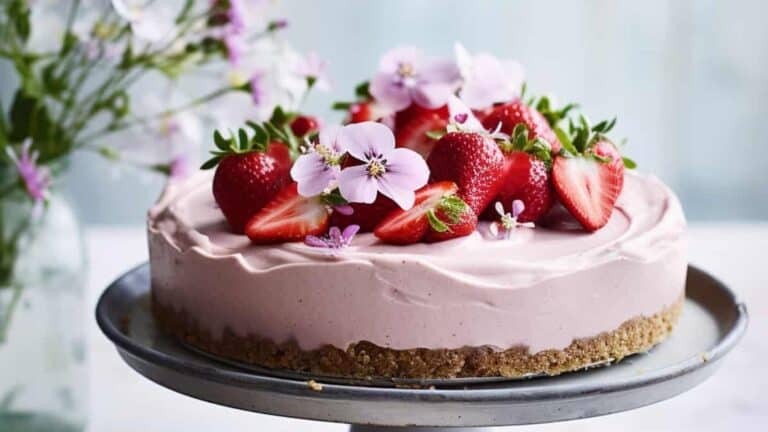Veterinary Experts Warn Pet Owners to Avoid These Toxic Spring & Summer Items!
Our pets are in our care and they count on us to keep them safe, and this means indoors and out. The spring and summer bring their own challenges. Items ranging from tomatoes and lilies to artificial grass and slug pellets pose significant dangers to pets, according to veterinarians. Follow these six tips to maintain a pet-safe garden.
Have Emergency Info At Hand

For information about pet safety and toxic substances that pets should avoid, the ASPCA Animal Poison Control Center (APCC) is an excellent resource. They offer a 24-hour hotline (1-888-426-4435) for any animal poison-related emergencies. The APCC provides comprehensive lists of toxic and non-toxic plants, which can be very helpful for pet owners looking to safeguard their pets from harmful substances in the garden and home.
Your Garden is A Hot Spot
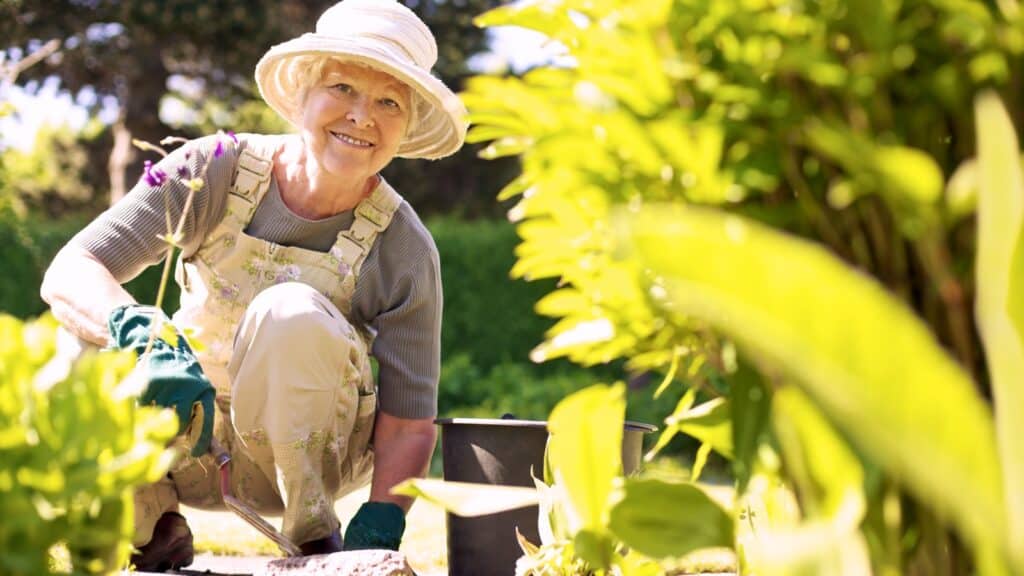
Gardens offer a pleasant environment for both pets and owners to enjoy the warmer months. However, certain garden plants and human foods that grow in vegetable patches can be hazardous to pets. In fact, these items constituted approximately 24.3% of all calls to the ASPCA Animal Poison Control Center (APCC) hotline in 2023.
Use Trusted Resources

Pet sitting platform TrustedHousesitters collaborated with veterinary surgeon Dr. Lily Richards (BSc Hons BVSc MRCVS) to educate pet owners on potential dangers in their backyards this spring and summer. The advice provided aims to balance a visually appealing garden with essential pet safety.
Our 6 Tips for Pet Safety
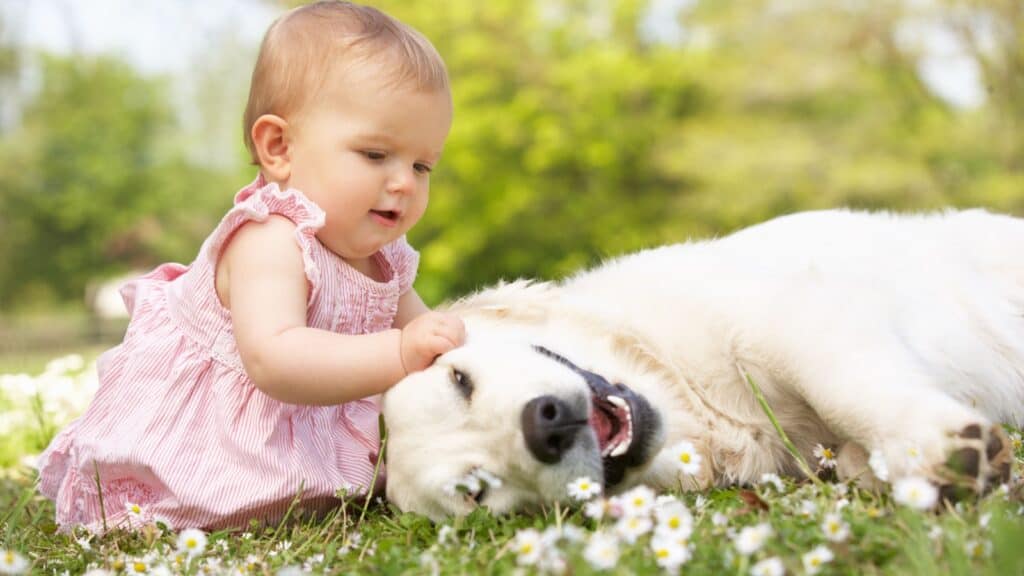
Here are six expert tips for creating a pet-friendly garden where your pets can safely enjoy the outdoors:
Tip 1: Exclude toxic plants from your garden
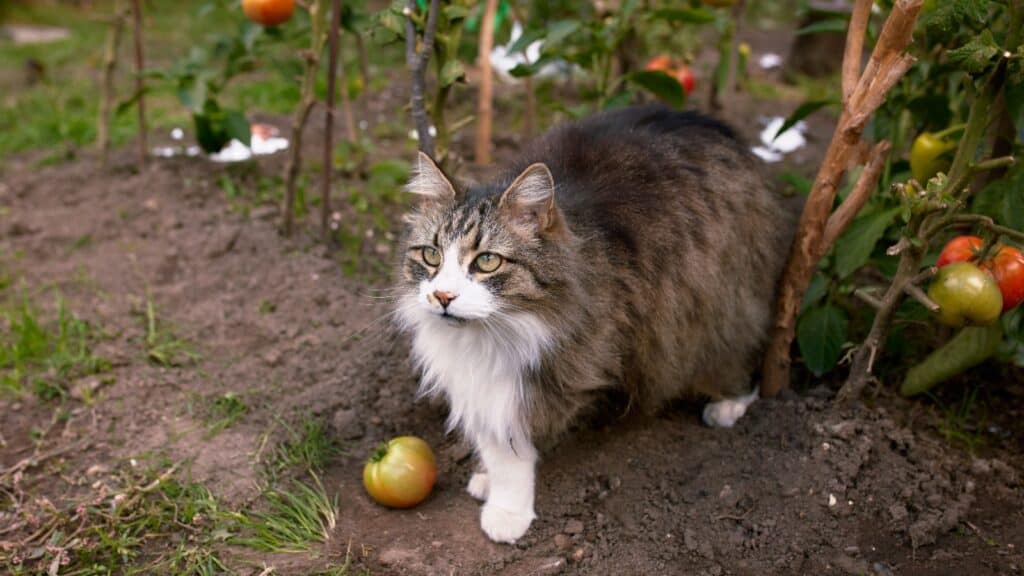
If you have pets, selecting the right garden plants is crucial.
Tomatoes: Good or Bad?
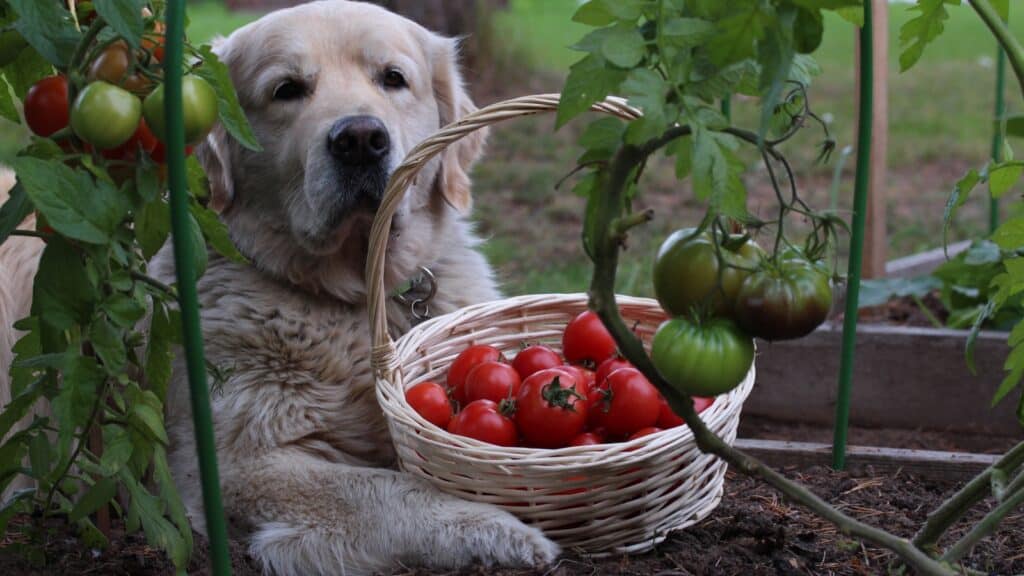
Tomatoes, for example, are a common garden plant where only the ripe fruit is safe. The stems, leaves, and unripe tomatoes contain glycoalkaloids like solanine and tomatine, which are toxic to both cats and dogs.
Compost Can Contain Toxic Ingredients
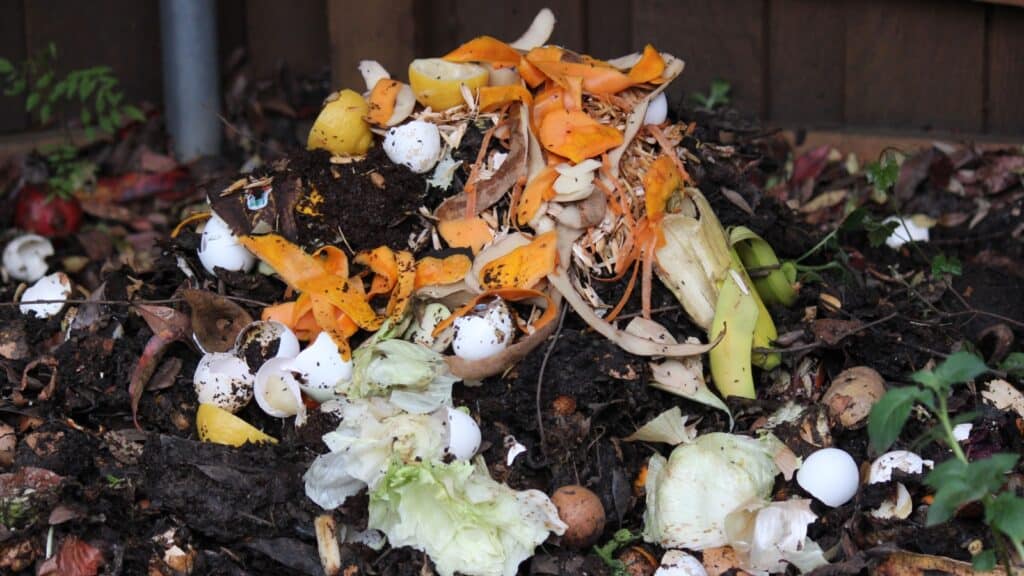
Compost is beneficial for enriching soil but can be toxic to pets due to fungi in the decomposing matter. Prevent pet access to compost areas by fencing them off, and avoid composting pet-toxic items like onions, garlic, coffee grounds, and chocolate.
Dr. Richards warns against commonly grown toxic plants such as onions, garlic, chives, oregano, leeks, daffodils, lilies, and rhododendrons. She advises checking the suitability of plants for a pet-shared garden before planting.
What Is Safe?
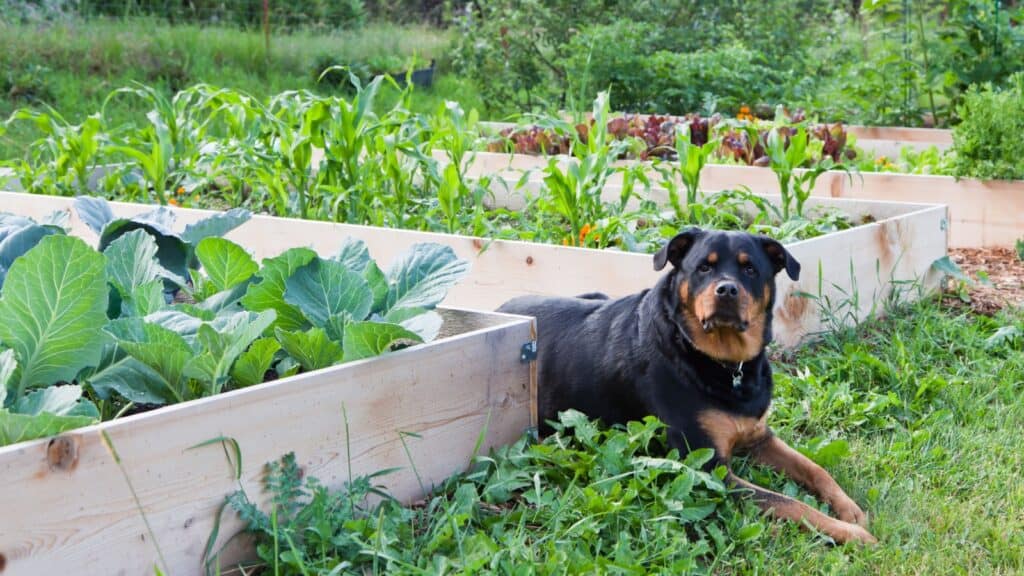
Opt for pet-safe garden additions like dill, marigold flowers, magnolia bushes, rosemary, fennel, basil, or carrots. Use hanging planters, raised beds, or large containers to prevent pet access to hazardous plants.
If your pet ingests any part of a toxic plant, immediate veterinary attention is necessary.
Tip 2: Protect your vegetables from pets
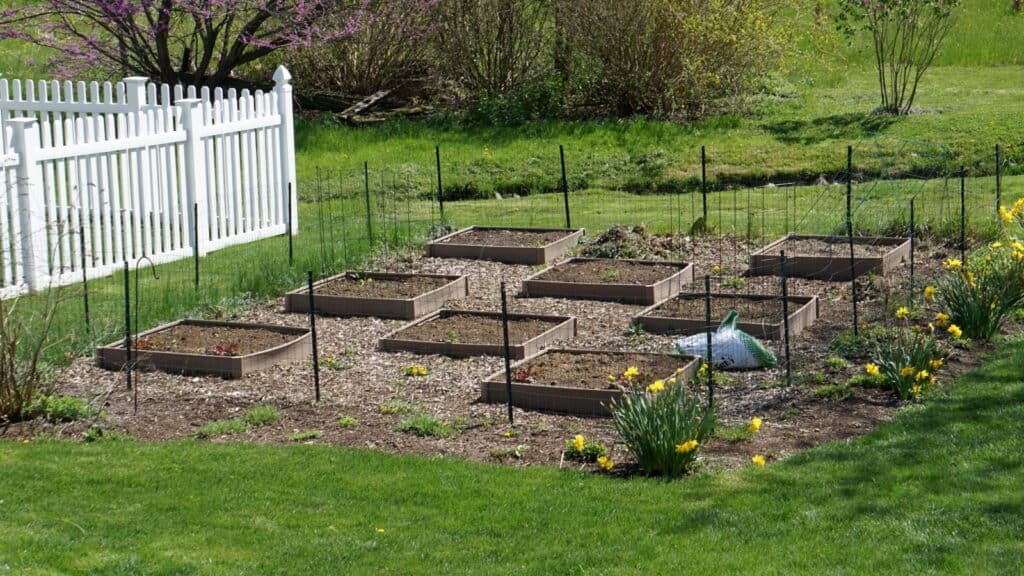
Consider using raised beds or hanging baskets to safeguard your vegetables from pets. Avoid chemical products like slug pellets, insecticides, and weed killers around your plants, opting instead for organic alternatives and pet-safe compost.
Fence off areas to keep pets out of certain garden zones. Use chicken wire or hardware cloth for effective barriers, especially for smaller pets. Monitor or leash pets in the garden to prevent them from entering restricted areas.
Tip 3: Create a dedicated pet-safe area

If your dog enjoys digging, consider setting up a dedicated area with toys and a sandpit to encourage play in a safe environment. This helps keep pets entertained and prevents garden damage.
Tip 4: Be cautious with grass and patio treatments
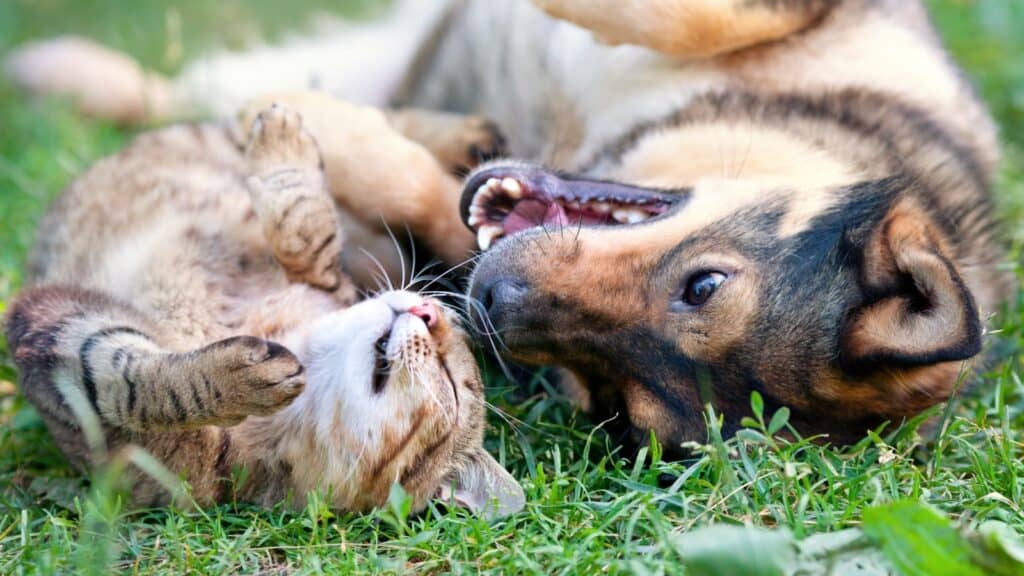
Choose lawn and patio treatments carefully. Pets can transfer toxic chemicals from treated areas to their paws and ingest them while grooming. Use natural or pet-safe products and restrict pet access to treated areas until all residues are gone.
Tip 5: Choose materials safe for paws
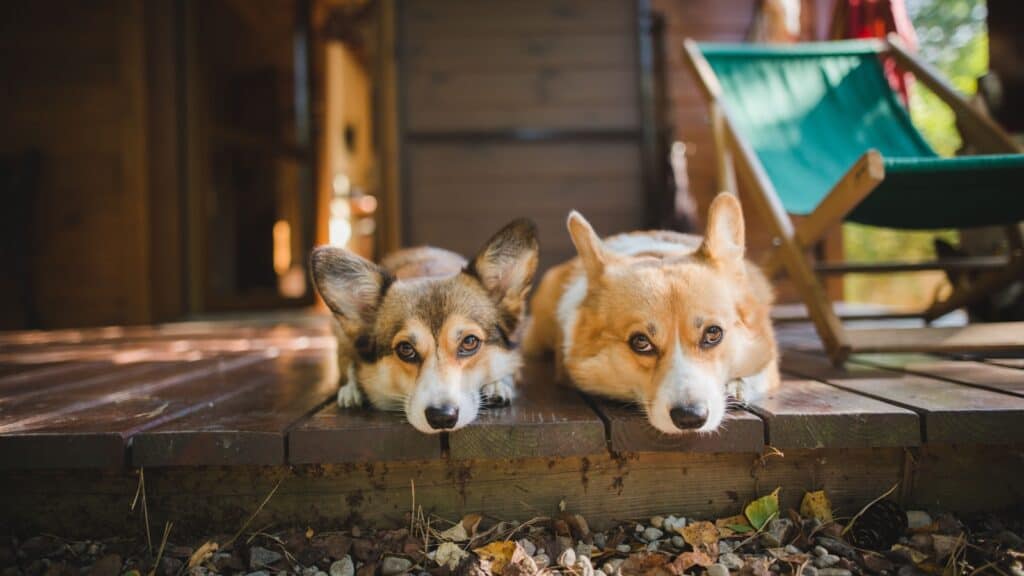
Backyard surfaces can become very hot in the sun, posing a burn risk to your pet’s paws. Use natural grass and wood decking as cooler alternatives. Check the temperature of surfaces like artificial grass with your hand before letting pets on them.
Tip 6: Be vigilant about wildlife
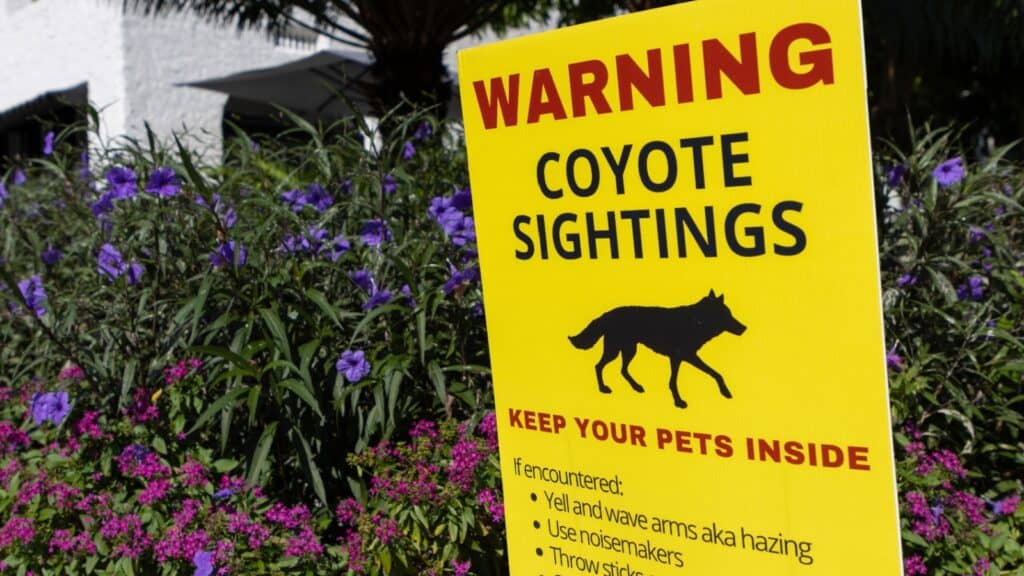
Keep an eye on garden wildlife that may pose risks to your pets. Avoid using non-organic slug pellets as they are toxic to pets. Ensure your pet has appropriate flea and tick prevention, as advised by your vet.
Prevention is Key
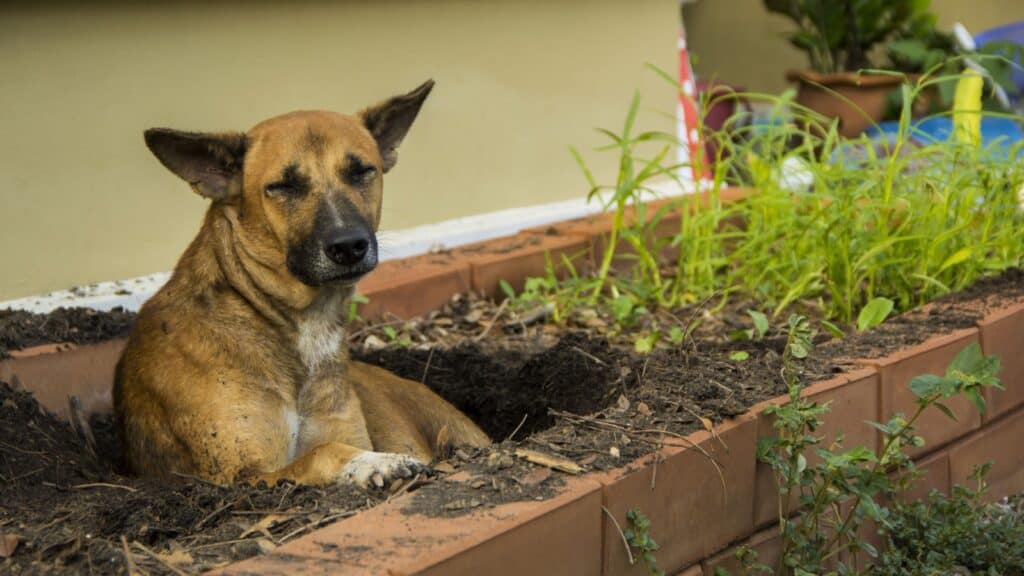
Whenever possible, it is best to prevent accidents from happening, however, in the case of emergency please keep this information handy:
The Animal Poison Control Center (APCC) is an excellent resource. They offer a 24-hour hotline (1-888-426-4435) for any animal poison-related emergencies.
How Many Of These Foods Did You Know Could Kill Your Dog?
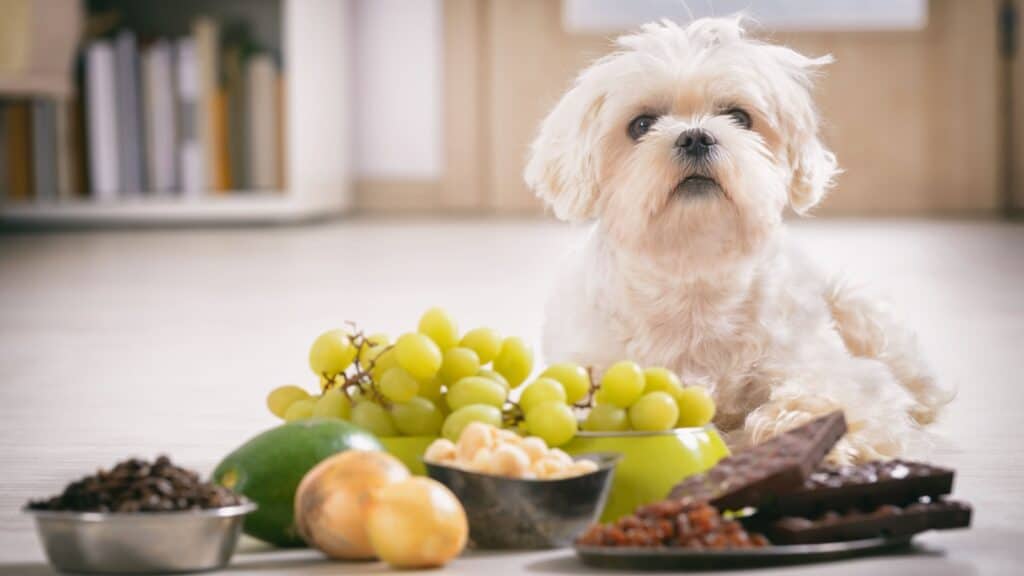
Our canine companions bring immense joy into our lives, and it’s our duty to ensure their well-being. However, certain everyday foods found in our homes can pose serious risks to their health. Here’s a look at foods that should never be fed to dogs or left within their reach.
To be prepared, have contact details of your local veterinarian, the nearest emergency clinic, and the ASPCA Animal Poison Control Center (888-426-4435) at hand. READ: How Many Of These Foods Did You Know Could Kill Your Dog?
Understanding The Surge In Veterinary Costs: Is It Becoming Too Expensive To Have A Pet?
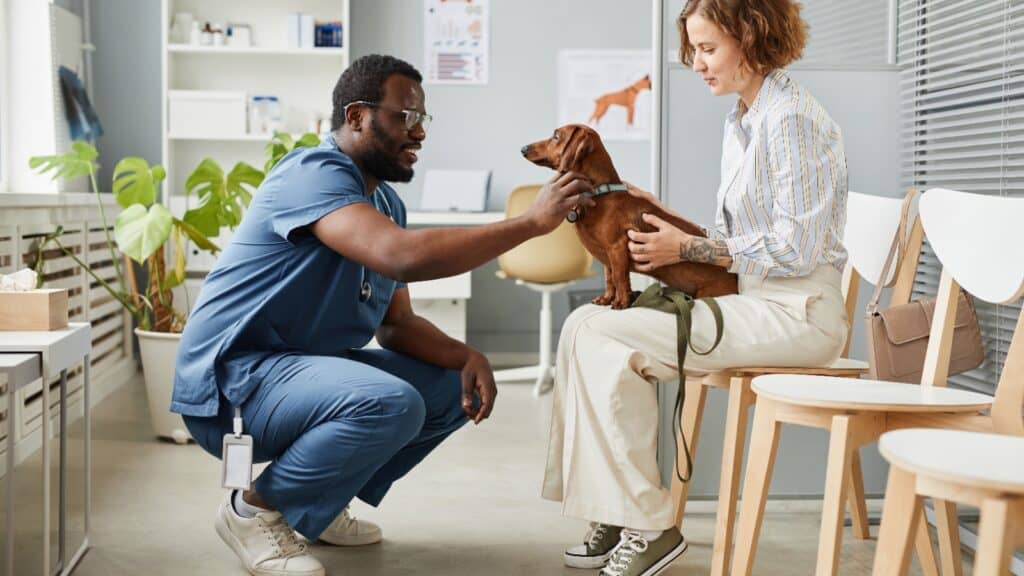
If you own a pet, we bet you have noticed that veterinary care costs are escalating, leaving many of us with sticker shock and struggling to secure timely appointments. There are reasons for this burgeoning phenomenon; we unveil the many factors steering this surge. Read: Understanding The Surge In Veterinary Costs: Is It Becoming Too Expensive To Have A Pet?
Join Us

Join us on this empowering journey as we explore, celebrate, and elevate “her story.” The Queen Zone is not just a platform; it’s a community where women from all walks of life can come together, share their experiences, and inspire one another. Welcome to a space where the female experience takes center stage. Sign up for our newsletter so you don’t miss a thing, Queen!


